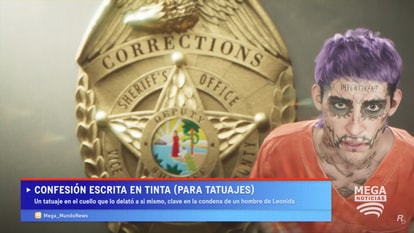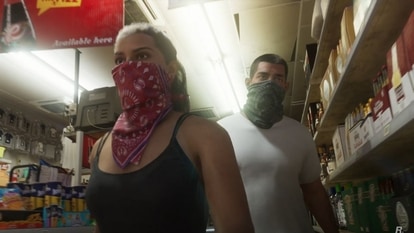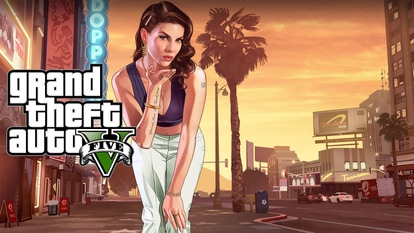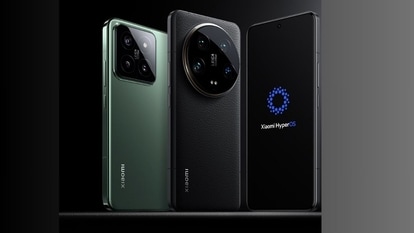Facial recognition at protests: Delhi Police says they aren’t using social media photos to screen crowds
Delhi Police have said that they do not use photos from social media to screen crowds and only “faces of criminals are retained” in their databases. These responses came in a reply to a right to information request filed by Mint.
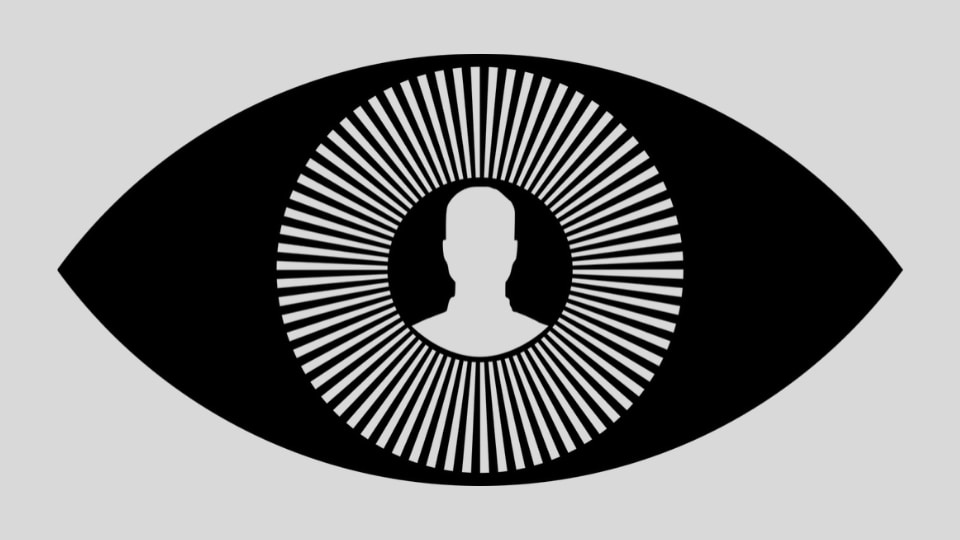
Delhi Police have said that they do not use photos from social media to screen crowds and only "faces of criminals are retained" in their databases. These responses came in a reply to a right to information request filed by Mint.
Just to put things into perspective, Delhi Police had started using facial recognition software to screen crowds at protests in the city recently. This software was acquired in 2017 to track missing children and persons. The software Delhi Police is using has been made by Delhi-based Innefu Labs and is capable of screening faces off social media as well, said founder Tarun Wig speaking to Mint.
This obviously raises legitimate concerns about whether people's faces are being entered into a database and if that was indeed happening, did that mean cops and other authorities could track people whenever they wanted?
The RTI has four questions:
What databases does Delhi Police match face data against?
Answer: Identification of missing children/persons and UIDB.
When police takes face data of citizens, is that data simply matched against databases or is it kept for future use?
Answer: Criminals as per Identification of Criminals Act
How does police acquire face data about citizens?
Answer: As per the request received from kith and kinnes of victims and Identification of Prisoners Act.
Are social media websites used for matching face data as well?
Answer: No
Delhi Police's responses state that the face data they gather from the software is matched against the missing children/persons databases and against the unidentified dead bodies (UIDB) database.
For the second question, the public information officer wrote - "Criminals as per Identification of Criminals Act". Supreme Court lawyer NS Nappinai explains that this should mean "police are keeping criminal records only, which they are within their rights to do".
However, Nappinai questioned the use of facial recognition to screen citizens in the first place, stating that there's no "reasonable cause" for them to use such a tool. Also, Nappinai pointed out that if citizen's data is not being saved, why would the Delhi Police not clearly mention that in the RTI?
Also Read: India's use of facial recognition tech during protests causes stir
"I'm only catching targeted people," said Rajan Bhagat, a deputy commissioner of police at Delhi's Crime Records Office. "We don't have any protesters' data, nor do we plan to store it," Bhagat added while speaking to Reuters about the use of facial recognition tech at protests.
Police departments in the country have been using facial recognition tools for a few years now and the country has no regulations against it. The use of facial recognition to screen crowds during recent protests has raised plenty of alarm.
Understandably, facial recognition tools being used by law enforcement authorities have been questioned across the world with some countries banning the use of such tools or issuing moratoriums on them.
Also Read: Facial recognition coming to Europe, but terms and conditions applied
Catch all the Latest Tech News, Mobile News, Laptop News, Gaming news, Wearables News , How To News, also keep up with us on Whatsapp channel,Twitter, Facebook, Google News, and Instagram. For our latest videos, subscribe to our YouTube channel.





























